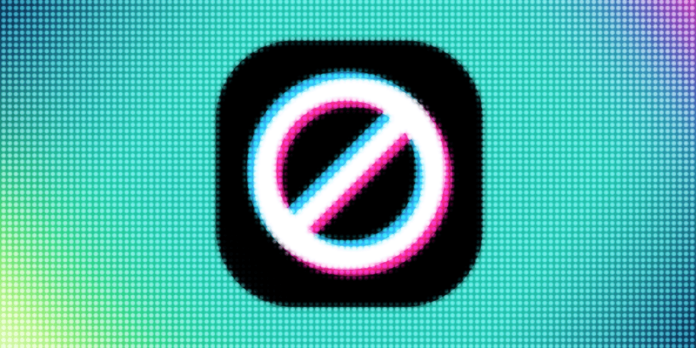The debate surrounding the prohibition of TikTok in the United States remains a source of controversy, particularly with regard to freedom of expression protected by the First Amendment. Activists and digital rights advocates have expressed concern that this measure could not only be ineffective at addressing national security issues, but could also allow the government to manipulate public discourse.
Despite claims that TikTok poses a risk to national security, there is still no clear evidence that the platform is a real threat. The potential forced sale of TikTok has generated uncertainty about whether the concerns about data privacy will actually be addressed, and whether the new administration will be able to guarantee that users' information will not be shared with foreign governments. Critics argue that, while previously there was fear that TikTok could be a vehicle for propaganda by the Chinese government, there is now concern that it could become a channel for the propaganda of the U.S. government.
An administration official has indicated that the TikTok algorithm will be 'retrained' with U.S. data to ensure that it operates properly. This has intensified concerns about the possible manipulation of content and the oversight of information disseminated through the app. In a context where the situation continues to unfold, the debate about the limits of freedom of expression and government control over digital platforms becomes increasingly crucial.



